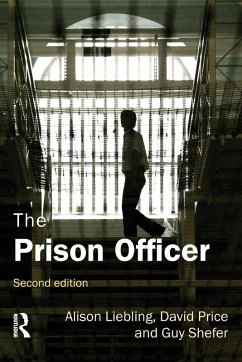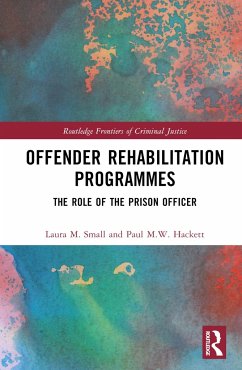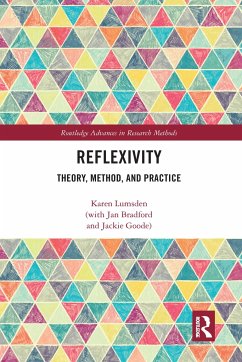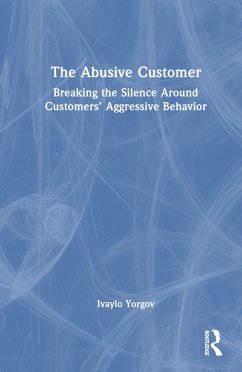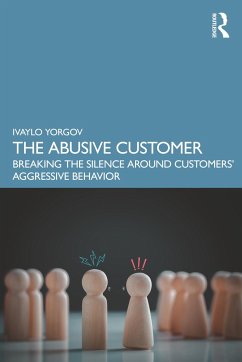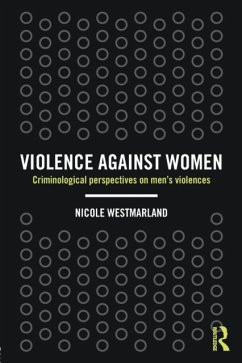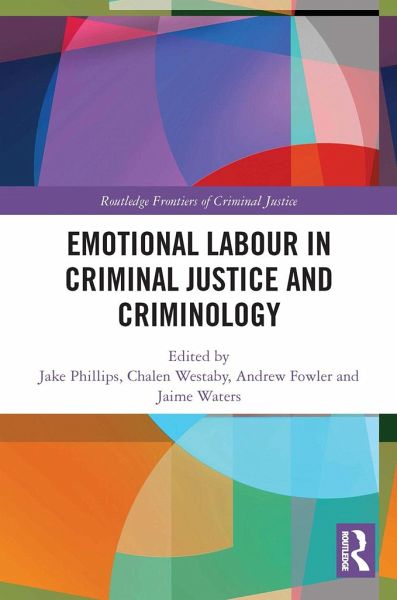
Emotional Labour in Criminal Justice and Criminology
Versandkostenfrei!
Versandfertig in 6-10 Tagen
45,99 €
inkl. MwSt.

PAYBACK Punkte
23 °P sammeln!
This book is the first volume to explore criminal justice work and criminological research through the lens of emotional labour. A concept first coined 30 years ago, emotional labour seeks to explore the ways in which people manage their emotions in order to achieve the aims of their organisations, and the subsequent impact of this is on workers and service users.The chapters in this edited collection explore work in a wide range of criminal justice institutions as well as the penal voluntary sector. In addition to literature review chapters which consolidate what we already know, this book in...
This book is the first volume to explore criminal justice work and criminological research through the lens of emotional labour. A concept first coined 30 years ago, emotional labour seeks to explore the ways in which people manage their emotions in order to achieve the aims of their organisations, and the subsequent impact of this is on workers and service users.
The chapters in this edited collection explore work in a wide range of criminal justice institutions as well as the penal voluntary sector. In addition to literature review chapters which consolidate what we already know, this book includes case study chapters which extend our knowledge of how emotional labour is performed in specific contexts, and in relation to certain types of work. Emotional Labour in Criminal Justice and Criminology covers topics such as prisoners who die from natural causes in prison, to the work of independent domestic violence advisors and the use of emotion by death penalty lawyers in the US.
An accessible and compelling read, this book presents ground-breaking qualitative and quantitative research which will be critical to criminologists, criminal justice practitioners, students of criminology and academics in the fields of social policy and public service.
The chapters in this edited collection explore work in a wide range of criminal justice institutions as well as the penal voluntary sector. In addition to literature review chapters which consolidate what we already know, this book includes case study chapters which extend our knowledge of how emotional labour is performed in specific contexts, and in relation to certain types of work. Emotional Labour in Criminal Justice and Criminology covers topics such as prisoners who die from natural causes in prison, to the work of independent domestic violence advisors and the use of emotion by death penalty lawyers in the US.
An accessible and compelling read, this book presents ground-breaking qualitative and quantitative research which will be critical to criminologists, criminal justice practitioners, students of criminology and academics in the fields of social policy and public service.





